Politics
ASIA, BE, BEJUCAL, BIDEN ADMINISTRATION, CALABAZAR, CAPE CANAVERAL SPACE FORCE STATION, CARIBBEAN, CHINA, CSIS, CUBA, CUBAN FOREIGN MINISTRY, FLORIDA, FOREIGN MINISTRY, GEOPOLITICS, HAVANA, KENNEDY SPACE CENTER, KEY WEST, MARCO RUBIO, MARITIME SECURITY, MEXICO, MILITARY, NEWSWEEK, NORTH AMERICA, OUTER SPACE, R - FL, U. S, UNITED STATES, US, US-CHINA RELATIONS, WAJAY, WASHINGTON, WASHINGTON, D. C
Sophia Klein
Concerns Over Chinese Intelligence Facilities in Cuba: A CSIS Report
The Center for Strategic and International Studies (CSIS) report reveals suspected Chinese intelligence facilities in Cuba, emphasizing their role in signals intelligence operations against the U.S. The main sites include Bejucal, Wajay, Calabazar, and El Salao, which have been linked to military and electronic surveillance activities. The report raises national security concerns and prompts recommendations for heightened vigilance from the U.S. government.
A recent report released by the Center for Strategic and International Studies (CSIS) identifies several suspected Chinese intelligence collection sites in Cuba, strategically located close to the United States. The analysis highlights four key facilities that may be engaged in signals intelligence (SIGINT) operations, which involve intercepting electronic communications such as phone calls and emails. Given Cuba’s geographical proximity to the U.S., the report asserts that these locations are prime for monitoring U.S. activities, particularly significant due to their historical context and current functionalities.
Among the identified sites, Bejucal is noted for its historical significance as it temporarily housed Soviet nuclear warheads during the 1962 Cuban missile crisis. Allegations of Chinese intelligence activities in this area suggest it may be utilized for military radio-electronic intelligence gathering. An assessment of satellite imagery indicated the presence of diverse antennas capable of intercepting satellite communications. Moreover, the facility could feasibly monitor U.S. rocket launches from Florida, an advantage for China’s growing ambitions in space exploration.
The report also discusses the Wajay site, which has expanded its infrastructure to include a sophisticated array of antennas, indicating a potentially advanced SIGINT mission. Additionally, the Calabazar facility features a variety of antennas and the largest solar farm among the sites, although it has not been officially linked to Chinese intelligence. Lastly, El Salao boasts a circular antenna array with expansive detection capabilities, further emphasizing Cuba’s emerging role in intelligence operations linked to China.
CSIS noted that these facilities have experienced upgrades despite Cuba’s economic difficulties, highlighting an increasing collaboration with China. The report advocates for U.S. vigilance regarding Chinese activities in Cuba, including enhanced security of sensitive communications. In response to these findings, China’s Foreign Ministry dismissed the report as “pure fantasy” and criticized the U.S. for its surveillance practices, accusing it of hypocrisy.
The growing presence of Chinese intelligence operations near the United States, particularly in Cuba, has raised concerns about national security. The strategic location of these facilities allows China to monitor communications and military activities within the U.S., suggesting a possible threat to American interests. This situation is further complicated by Cuba’s historical ties to both the Soviet Union and China, fostering a climate of concern amid escalating geopolitical tensions between the US and China. The implications of such intelligence operations could have far-reaching impacts on U.S. foreign policy and defense strategies.
In summary, the CSIS report underscores the potential threats posed by Chinese intelligence facilities in close proximity to the United States. The strategic implications of these sites, particularly their capability to conduct signals intelligence operations, necessitate a reassessment of U.S. security protocols. As geopolitical tensions continue to evolve, it becomes imperative for Washington to enhance its monitoring of Chinese activities in Cuba and implement necessary security measures to safeguard sensitive communications. The contrasting views between the U.S. and China regarding these intelligence operations reveal the complexity of international relations in this context.
Original Source: www.newsweek.com
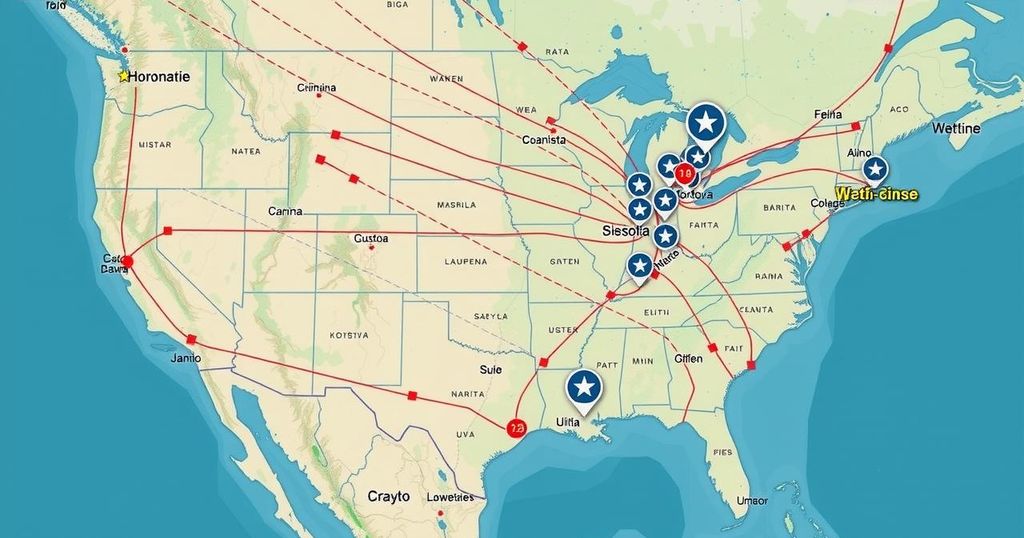
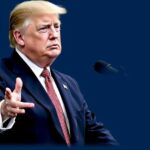
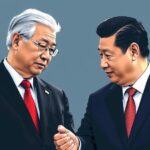


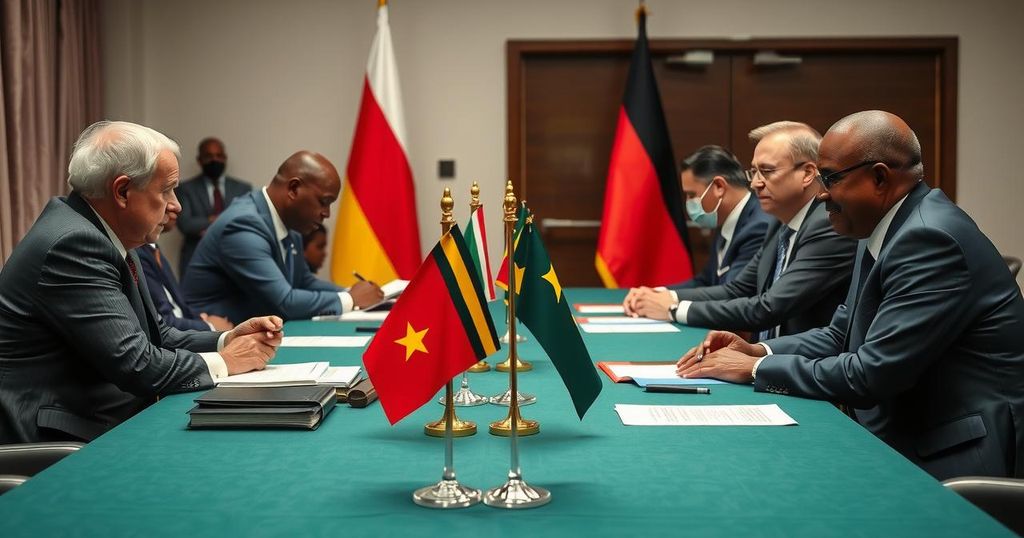
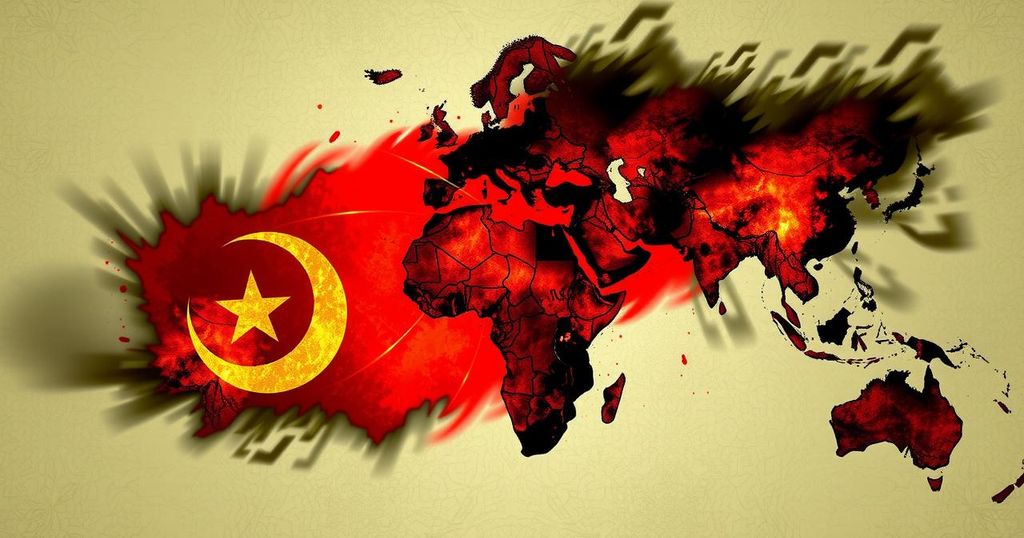

Post Comment